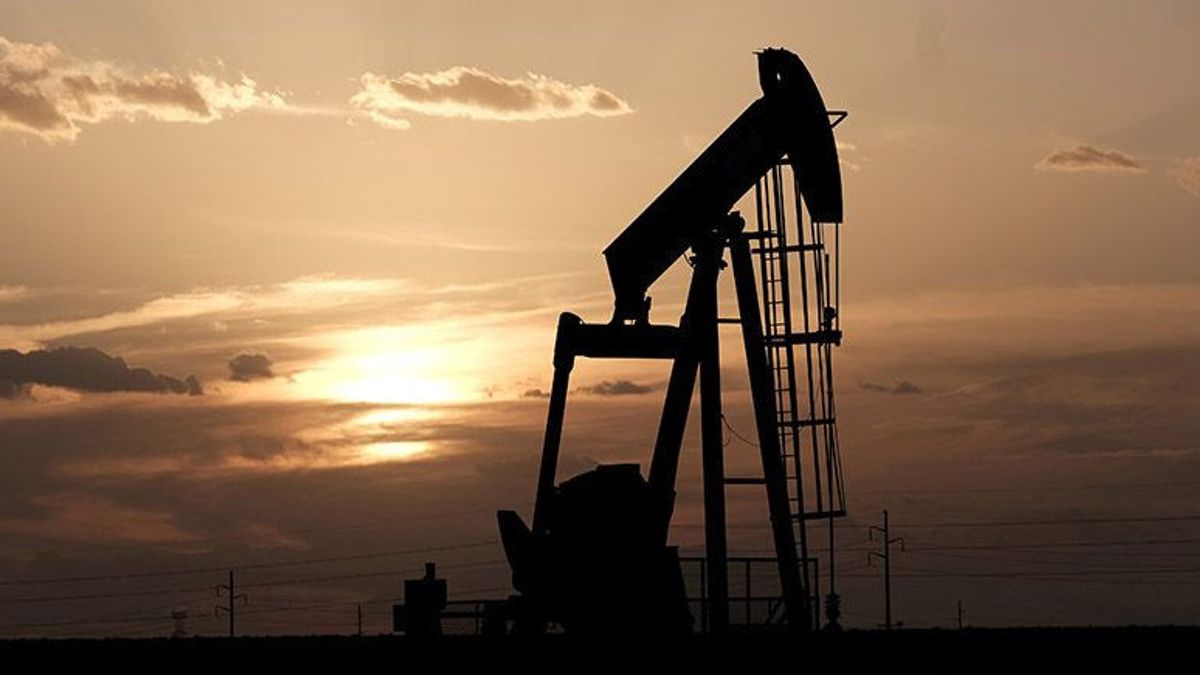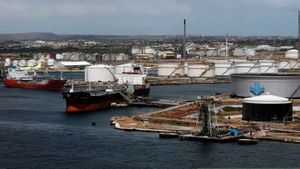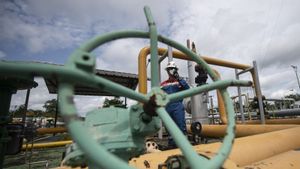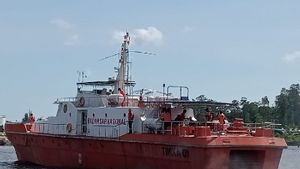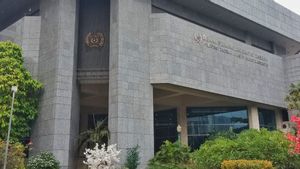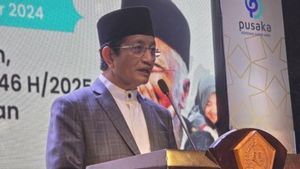NEW YORK - Oil prices were up about two percent in late trading Thursday, extending their new year rally, amid growing unrest in OPEC+ oil producer Kazakhstan and supply cuts in Libya and after reports showed limited output increases in the world's top producer.
West Texas Intermediate (WTI) crude for February delivery added $1.61, or nearly 2.1 percent, to settle at $79.46 a barrel on the New York Mercantile Exchange. Brent crude for March settlement, rose 1.19 dollars, or 1.5 percent, to close at 81.99 dollars a barrel on the London ICE Futures Exchange.
The move-in oil prices came after a Bloomberg survey showed that the Organization of the Petroleum Exporting Countries (OPEC) added just 90,000 bpd in December, as production increases by Saudi Arabia were offset by production cuts in Libya and Nigeria.
OPEC and its allies, collectively known as OPEC+, are shedding record production cuts imposed in 2020, as demand and prices recover from the slump caused by the pandemic.
The oil alliance said on Tuesday, January 4 after a meeting via video conference that it would stick to plans to increase oil output by 400,000 barrels per day in February.
Investors are also increasingly concerned over unrest in Kazakhstan, a participating non-OPEC country. "The political situation in Kazakhstan is becoming increasingly tense. And this is a country that currently produces 1.6 million barrels of oil per day," Barbara Lambrecht, energy analyst at Commerzbank Research, said Thursday, January 6 in a note.
SEE ALSO:
Russia sent paratroopers to Kazakhstan to help quell a country-wide insurgency after deadly violence spread in the tightly-controlled former Soviet nation. There is no indication that oil production in Kazakhstan has been affected so far. Meanwhile, in Libya oil production was at 729,000 barrels per day, National Oil Corp. said, oil prices fell from highs of more than 1.3 million barrels per day last year, due to maintenance and closure of oil fields.
The English, Chinese, Japanese, Arabic, and French versions are automatically generated by the AI. So there may still be inaccuracies in translating, please always see Indonesian as our main language. (system supported by DigitalSiber.id)
